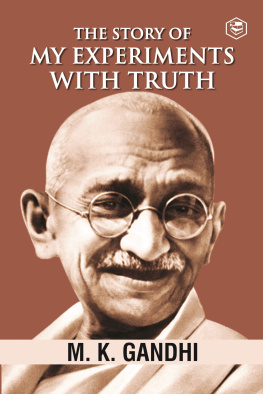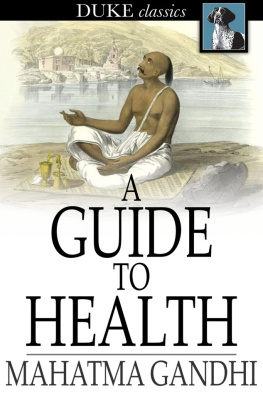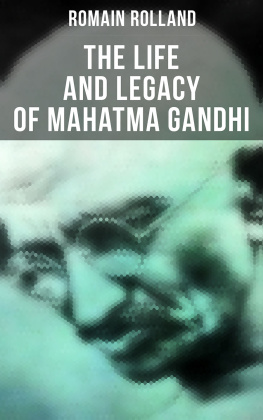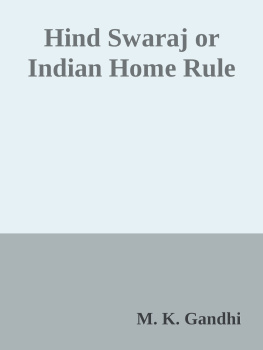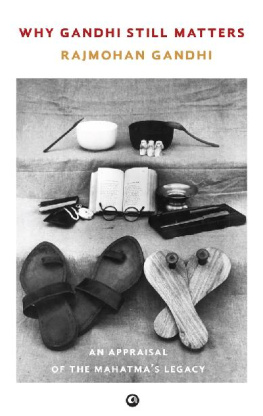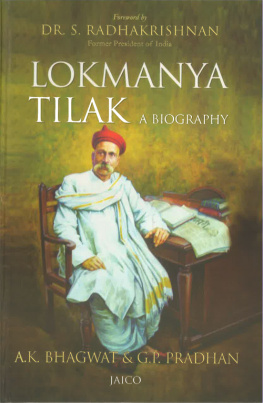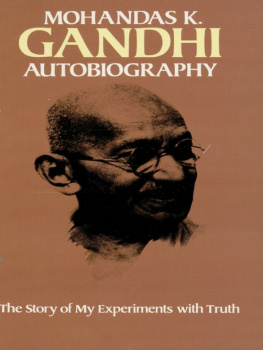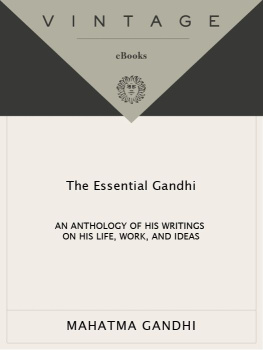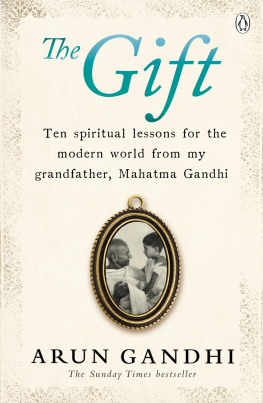"Your country wants heroes; be heroes."
Swami Vivekananda .
' No age, that has not its heroes' may well be said rather than that the age of heroes is gone, that there is no room for a hero in modern times. The term "heroic age" does not imply that the world has been without heroes since the close of that period. If one has an eye to detect the hero he may not find it necessary to go with a lantern in search of heroes, although to find a perfect man one may have to go with a lantern in each hand and for his whole life-time search in vain. An honest man, such as Diogenes wanted to find, might not be found in any agehas not been found through all the traditional and historical times till now. "Honest" according to Diogenes meant honest in every respect, in every relation and according to a standard that makes allowance for nothing and rejects on the slightest suspicion of deviation from that standard. God has not produced his "noblest work" as yet, for verily such a man cannot live in this conditioned world any more than a fish can live out of water. There may be other worlds in which honest men may live but this world is for many striving to be honest, successful in one effort, unsuccessful in another, and for many others to whom the idea of honesty is no issue at all in a vast number of concerns. A world of evolution, every man has to evolve a higher out of a lower nature by conscious efforts of self-surrender. Through limitations and imperfections, falling and rising alternately, chastened by experience mellowed by repentance, fortified by introspection man leaves behind him one stage for a higher stageand so long as there is a higher stage, no man, no woman is perfect. Such men who seek to tread this path of renunciation of worldly goods and worldly prospects overcoming the frailties, passions and cravings of inherited congenital possession, such men are few indeed. No man can be perfect; but one who is on the road which can never take him from imperfections is he who clings to self-gratification, as though that is the reality of existence. On what road we are is the only question of momentall being imperfect-whether having to be imperfect, we cling to imperfections, or whether being full of imperfections, we strive to shed one imperfection after another. But, where is the place for the "hero" in this moving procession of imperfect men and women, most of them clinging to the wrong road, a few being on the right one? His place is as a man whose endurance and courage, whose resolve to suffer are for the benefit of any section of humanity, whatever be the arena in which these qualities are brought to play. There is room for such a man in the age of science as well as of poetry, in the age of political tyranny and spiritual thraldom as well as in an age of capitalist monopoly. The man who in rearing a bacteriological culture exposes himself every moment to infection and death, is a hero as much as Achilles or Arjuna. The men who have perished in the attempt to bring the atmospheric air under control for purposes of aerial navigation are heroes and martyrs; for while they could have well avoided the danger, they have faced it for adding to the sum total of human achievements, in the domain of Science. In fact, but for the hero who appears to be a necessary instrument of progress in God's scheme, there would have been a stagnant stationary world.
However, a long time may elapse before heroes are found in any particular country; and then the evils of stagnation begin to oppress that land. Of course, past heroism is a great asset, but to be lost in admiration of it, incapable of heroism at the present hour is a sign of national decadence which all but leads to national extinction. No land is richer in past heroic deeds, both in times of war and peace than India. Nowhere is the spirit of renunciation so instinctive as in India, and nowhere is the yearning for freedomabsolute and not seeming but realso haunting an ambition of the human mind as in India. But all these qualities which go to temper the steel edge of heroism have been allowed to escape in impotent chagrin, in fruitless sighs, in silent lamentations and in the philosophic gravitation to live and let live. The result has been India has remained the dumping ground of foreign administrators, legislators and law-givers; of foreign educationists, educational reformers and designers; of foreign architects, artists and artizans; of foreign manufactures of apparel, utensils, eatables, drinks, medicines, pills and potions and what not; of foreign "salvationists" of our very souls; of foreign political constitutionmakers, of foreign instructors of the wives, and mothers of the race; of foreign founts of solace in literature, drama and poetry; of foreign interpreters of our religion and ritual. Where, has not the foreign influence penetrated? In our offices and councils, in our schools and colleges, in our homes and hearths, everywhere it is the influence of foreign genius, of foreign labour, of foreign enterprise and foreign standards of taste, happiness and duty that has been at work. Excepting what is born of this dependence is there anything that the nation can call its own now? Far be it from any Indian to say that a good thing, a good idea, a good service becomes bad, because it proceeds from a foreign source; and far be it from him to aspire that India should stew in its own juice. But this servile dependence on foreign good offices in the most vital concerns of the nation from year to year and from week to week is too enfeebling a looking after the well being of India, not to render it ultimately an imbecile. In this process of national enervation there is no room for initiative, but ample scope for imitation; no motive for self-protection, but every reason for punishing lese Majesty; no need for inventions, research, discovery, but every necessity to forthwith become a market for all of them.
We are not masters, and have not the responsibility of masters; obedience is our duty and safety is our reward. Others protect our shores, take steps to irrigate our lands, to decide our disputes, to interpret the intentions of our lawgivers, to tell us how we should teach our babes, and, verily and verily, spell our names! Our part and lot in life is to have the benefit of all these kindly endeavours on our behalf in return for merely accepting these gifts. Such a gift as this may bless the giver; but it leaves the taker worse than cursedleaves him unworthy of a curse even. Indian Nationalism, which is directed not even against foreign influence as such, but against its tendency to deaden the roots of race-consciousness, has psychologically nothing to do with our political allegiance. England we need as the navigator needs the lode star. But we need it, not to perform for us all our physiological functions, but to share with us the risks and benefits of the journey. The whole position may be put in a nut shell in this statement:England has been taking care of us so well that prolonged, we may ever hereafter become incapable of taking care of ourselves. What we need is to be taken care of in such a way as will enable us to dispense with external help. "We have done everything for India and yet they complain"is the attitude of mind of the Anglo-Indian who has not stood in our shoes and has not known where they pinch, bite, and inflame, who does not know that we have come to dread "this doing everything for us." It is like the grievance of the vacuous minded person who puts the bird in a cage, feeds it, cleanses its barred habitation, talks to it endearingly and wonders why he is told that it cannot be happy under this state of protection. Doing everything for another is doing him in fact the worst serviceand under this philanthropic guardianship, the nation has




